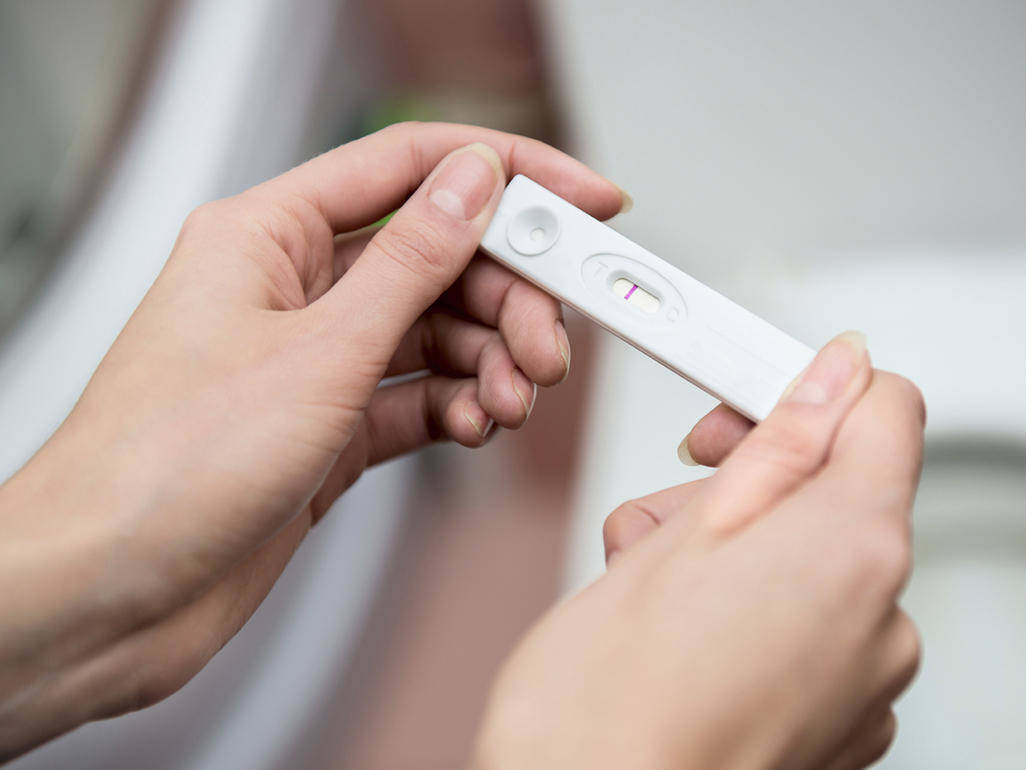Contents:
- Medical Video: Your Child's Health Eating Disorders - Stanford Children's Health
- What is malnutrition?
- What are the signs of a child being malnourished?
- Even children with normal weight can lack vitamins and minerals
- What can be done to prevent malnutrition in children?
Medical Video: Your Child's Health Eating Disorders - Stanford Children's Health
Children need adequate nutrition to support their growth and development. In childhood, he needed a lot of nutrients to help the process of growth and development, so don't be surprised if he has high nutritional requirements.
However, this high nutrient requirement is sometimes not in line with the fulfillment of nutrition for the child. As a result, children can suffer from malnutrition. The issue of malnourished children may be rarely heard in urban areas, but in areas that are still untouched by technology, there are still many children who suffer from malnutrition.
What is malnutrition?
Malnutrition is the impact of not fulfilling a child's nutritional needs that last long, it can even be started since the baby is still in the womb. Therefore, the nutritional fulfillment of pregnant women until a 2-year-old child must be a major concern because this is a period that can determine the child's next life.
Lack of appetite, lack of food availability, and disruption in the digestive process can be a cause of malnutrition. Malnutrition can also be exacerbated by the frequency of children suffering from infectious diseases.
This malnutrition can cause disruption of growth and development (including brain development) of children, which later can have an impact on the lives of the next child. Usually malnourished children have less weight (under nutrition), are very thin, short, and lack vitamins and minerals.
In Indonesia, the problem of malnutrition in children is still a serious concern. Based on the 2013 Riskesdas data, children under five suffering from malnutrition were 13.9%, short at 19.2%, and thin at 6.8%.
What are the signs of a child being malnourished?
Malnourished children can be seen from the signs, as follows:
- Failure in growth. This failure of growth can be seen from weight, height, or both that are not according to their age. So, usually malnourished children have thin, or short, or thin, short bodies.
- Children are very easy to get angry, look lethargic, and can cry excessively. Children also experience anxiety and lack of attention to the surrounding environment.
- Dry children's skin and hair, even children's hair falls out.
- Loss of muscle strength.
If the child has a lack of protein energy (KEP), then the signs shown by the child can be even worse. There are two types of protein energy deficiencies, namely marasmus and kwashiorkor.
In marasmus, children will show signs such as very clear weight loss (very low child weight less than 60% of their child's age weight), muscle wasting in children, dry skin and little or no fat below skin, and thin and easy to fall off children's hair.
While kwashiorkor can show signs, such as hair changes color to reddish or blonde, dry and dull skin, no or lack of appetite, distended stomach, and swollen legs. These signs arise because children experience a lack of important nutrients.
Even children with normal weight can lack vitamins and minerals
If your child has a deficiency of vitamins and minerals, despite having a normal weight, children will usually show signs, such as:
- Skin problems
- Swollen tongue
- Poor children's vision at night or in low light conditions
- Feel difficulty in breathing and fatigue all the time
- Children feel pain in their bones and muscles
If your child shows signs as above, you should immediately take your child to the doctor. The doctor will examine it further.
What can be done to prevent malnutrition in children?
In essence, you as a parent must try to meet the nutritional needs of children. Remember, children are in their infancy, so their nutritional needs are quite high. Always provide children with balanced nutrition consisting of four main food groups, namely:
- Fruits and vegetables, at least give the child 5 servings per day
- Food sources of carbohydrates, namely rice, potatoes, bread, pasta, and cereals
- Food sources of protein, namely meat, eggs, chicken, fish, nuts and products
- Milk and dairy products, such as cheese and yogurt
Don't forget to always take care of your child's health and monitor its growth and development. Take children to Posyandu, Puskesmas, or clinics every month to weigh. Give complete immunization to children to increase children's immunity so that children avoid infectious diseases. Also give vitamin A capsules every February and August until a 5 year old child.
READ ALSO
- 7 Tips to Handle Difficulty to Eat Children
- How to Prevent Children from Being Picky Eater
- The Importance of the First 1000 Days of Child Life












